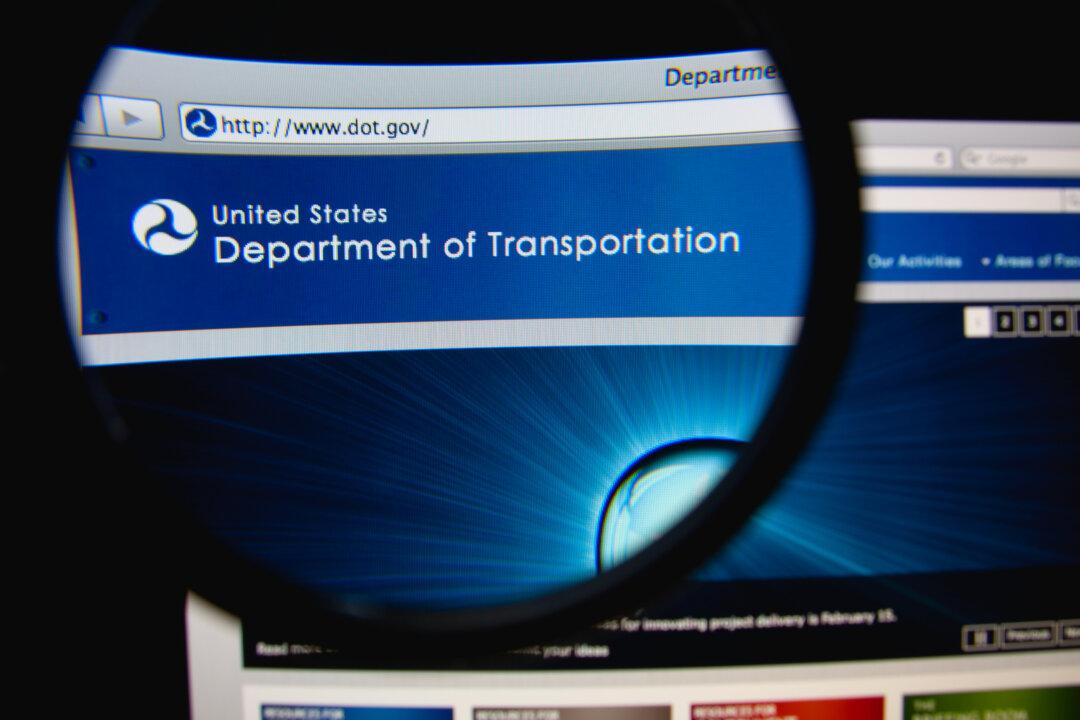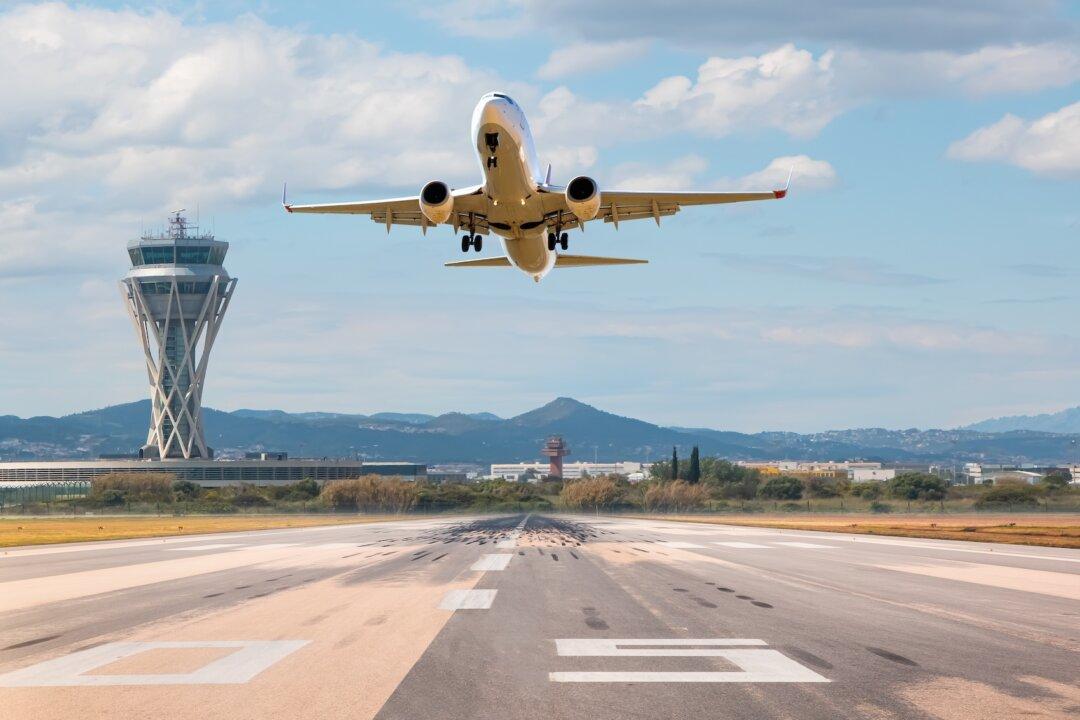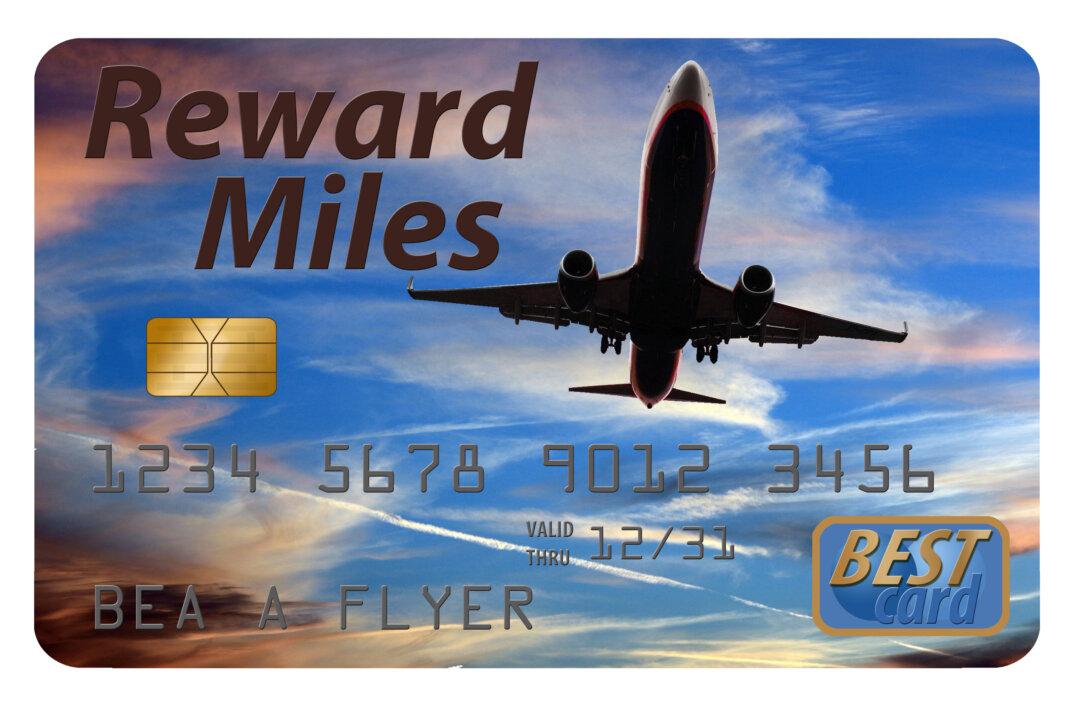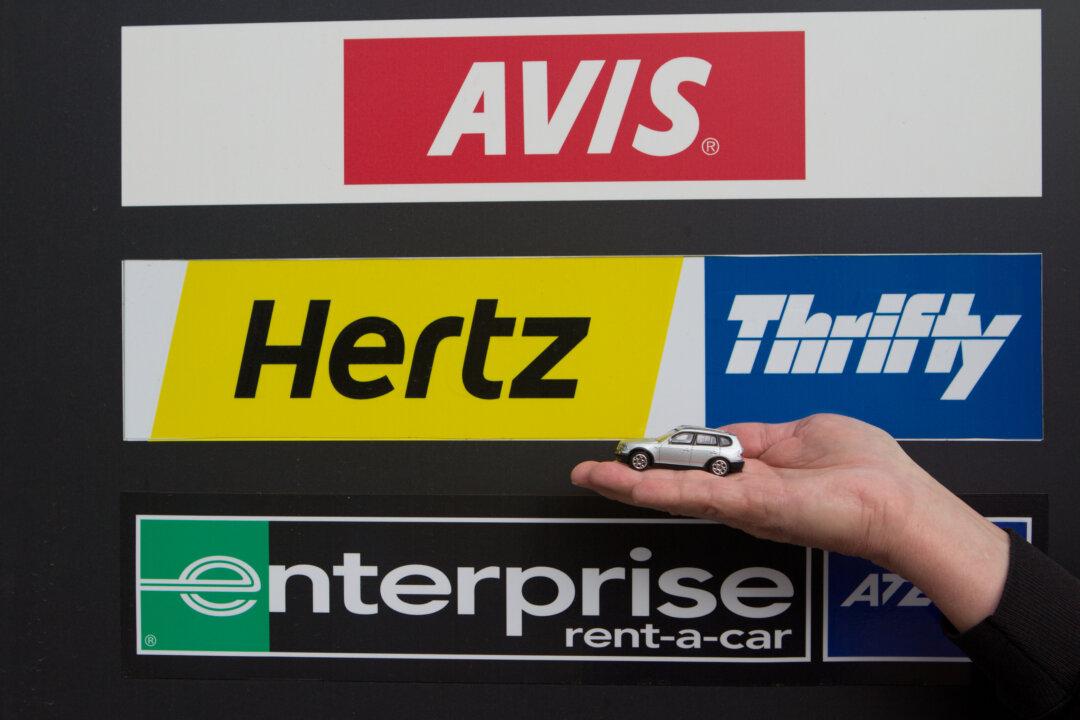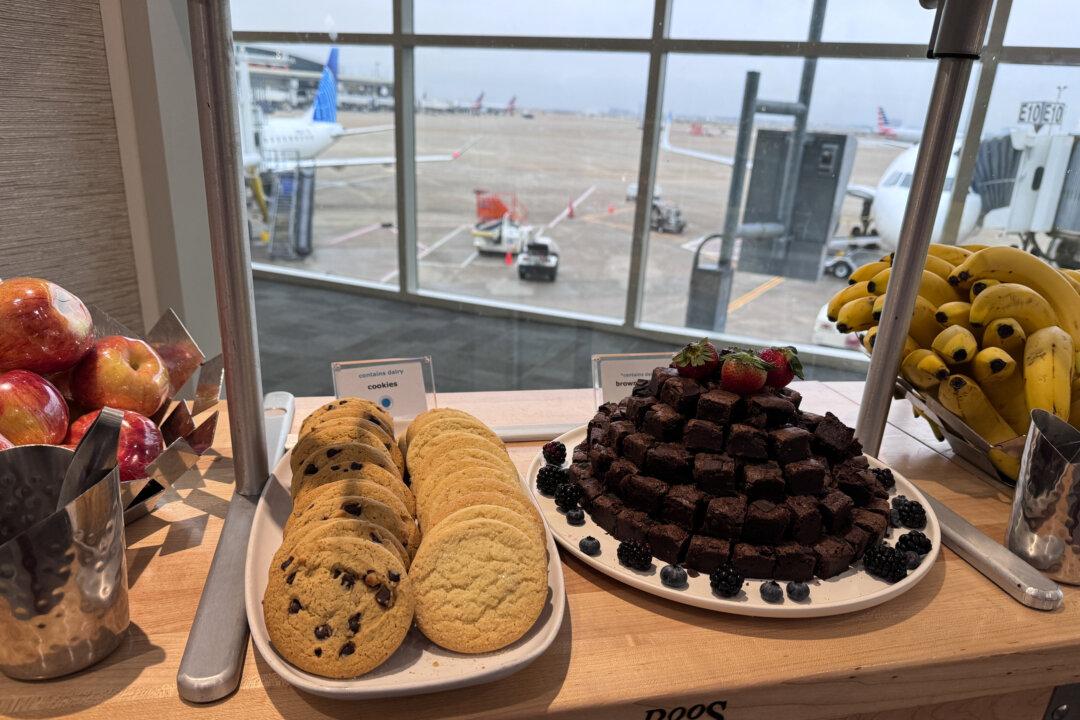Last week, the Department of Transportation (DoT) formally launched its much anticipated probe into big-airline frequent-flier programs. The stated aim is “protecting rewards customers from potential unfair, deceptive, or anticompetitive practices.” As a start, DoT requested the four giant USA lines that control 80 percent of the domestic market—American, Delta, Southwest, and United—to provide documents in four areas:
- Devaluation of earned rewards
- Hidden and dynamic pricing of awards
- Extra fees associated with program use
- Reduction in competition and choice, especially as resulting from mergers
In any event, it’s pretty clear to me that the DoT won’t have any trouble finding instances where airlines employed deceptive and unfair means and hid moves from flyers. What I have trouble with is figuring out how DoT might actually ease travelers’ primary frequent pain points:
- Ongoing de facto devaluations of existing miles/points. Overall, we’ve seen each of our miles buying a little less every year. These days, we can’t even track it well, given how many lines have gone to dynamic mileage pricing without any award chart values to use as a standard of comparison.
- Scarcity of acceptable award seats at lower “saver” values. This has been my biggest problem, and I suspect yours as well. I use my miles exclusively for premium-cabin transatlantic and transpacific travel, and I once checked out nonstop flights on one route—San Francisco to Munich—and found no lower-mileage-price award seats for a full nine months. Although the airline and its partners flew multiple nonstops daily, the best low-price award alternative involved consecutive back-to-back red-eyes with an all day layover at an eastern hub.

